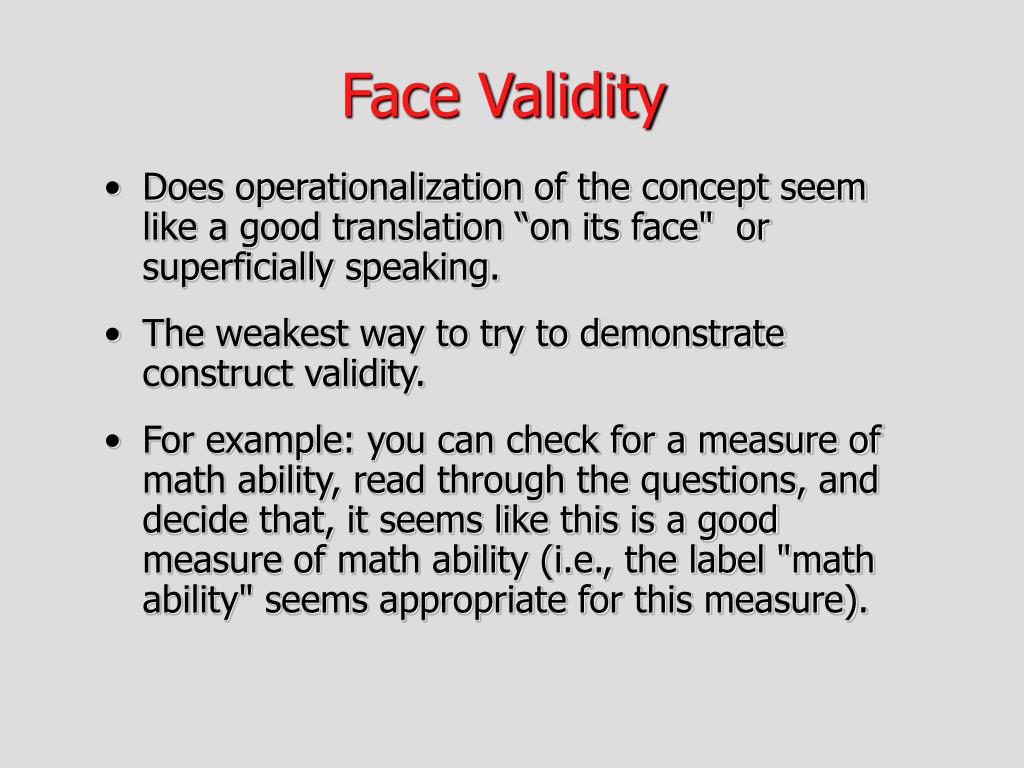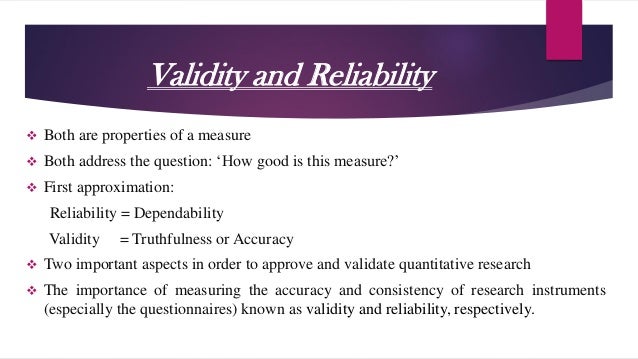

The first step is to actually find out which data is reliable and which is not, and this can be determined by a process called data reliability assessment. It can be tempting to jump headfirst into implementing processes and policies that you hope will improve data reliability, but the kinds of issues that cause poor data reliability are numerous, and each cause must be treated differently. And it’s one of the most important things to get right when it comes to improving the overall health of an organization’s data. It is fuel that delivers trusted analytics and insights. With reliable data, business leaders can eliminate the guesswork when it comes to making informed decisions. Ensuring data reliability is one of the main objectives of data integrity initiatives, which are also used to maintain data security, data quality, and regulatory compliance. Data reliability definitionĭata reliability means that data is complete and accurate, and it is a crucial foundation for building data trust across the organization. But first, they need to understand what data reliability actually is, how to measure it, and how to raise the overall level of data reliability at their company. Data quality, data integrity, data reliability, data trust – keeping track of these and other terms can be hard enough, never mind actually knowing what to implement or where to start.įor many organizations, data reliability can be that starting point upon which more robust data quality and integrity functions can be built. And for businesses that are just starting to explore how to improve their data health, the deluge of information and best practices can often feel overwhelming. Of course, improving organizational data is easier said than done.

Stitch Fully-managed data pipeline for analyticsĪccording to our recent survey, less than half of executives rate aspects of their companies’ data reliability as “very good.” Business leaders need reliable data to make reliable decisions, so where does that leave executives whose organizational data isn’t up to snuff? Well, they’re either using unreliable data – or worse, making gut decisions, which 36% of business leaders admitted to in our survey.Talend Data Fabric The unified platform for reliable, accessible data.


 0 kommentar(er)
0 kommentar(er)
